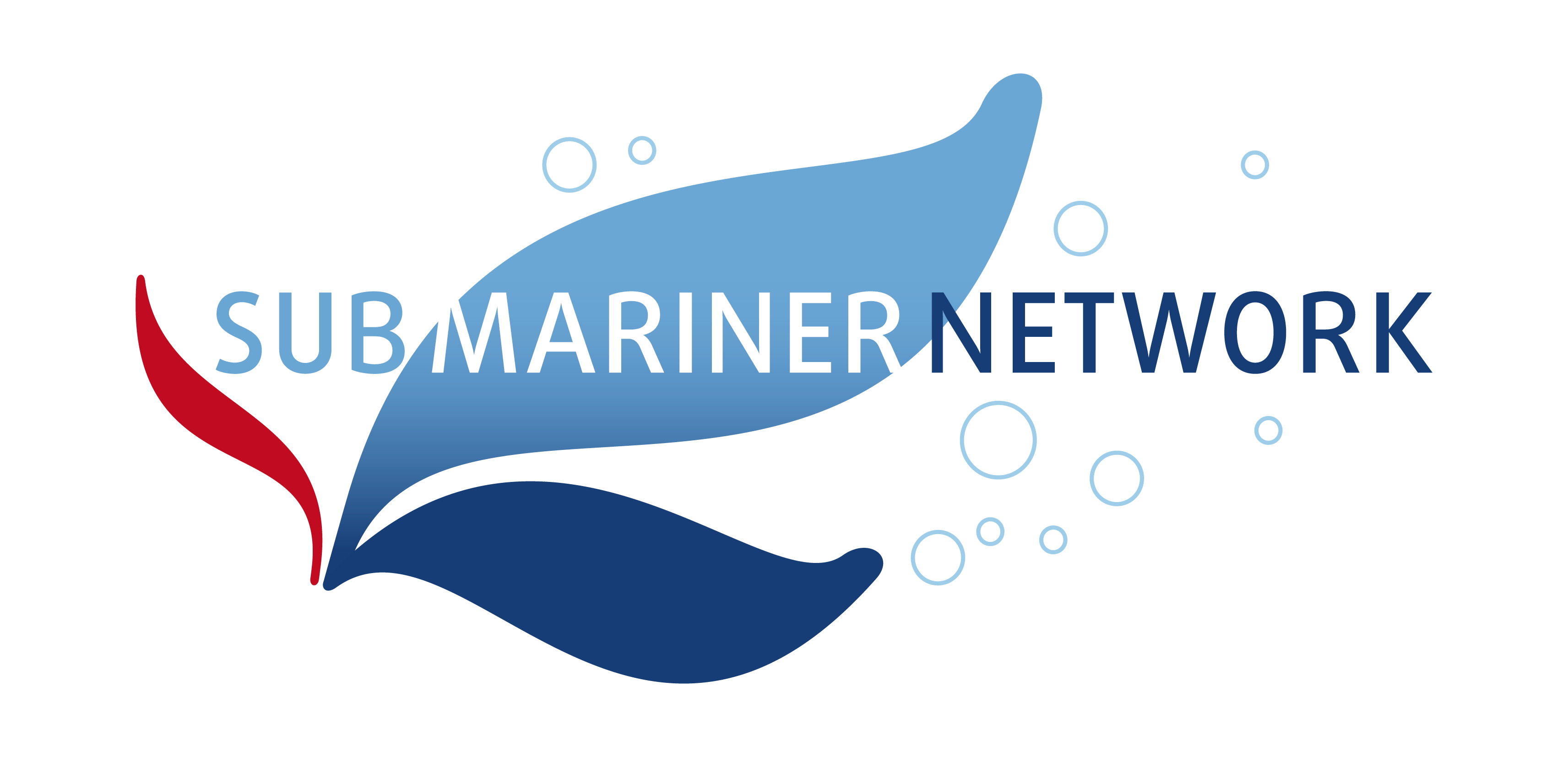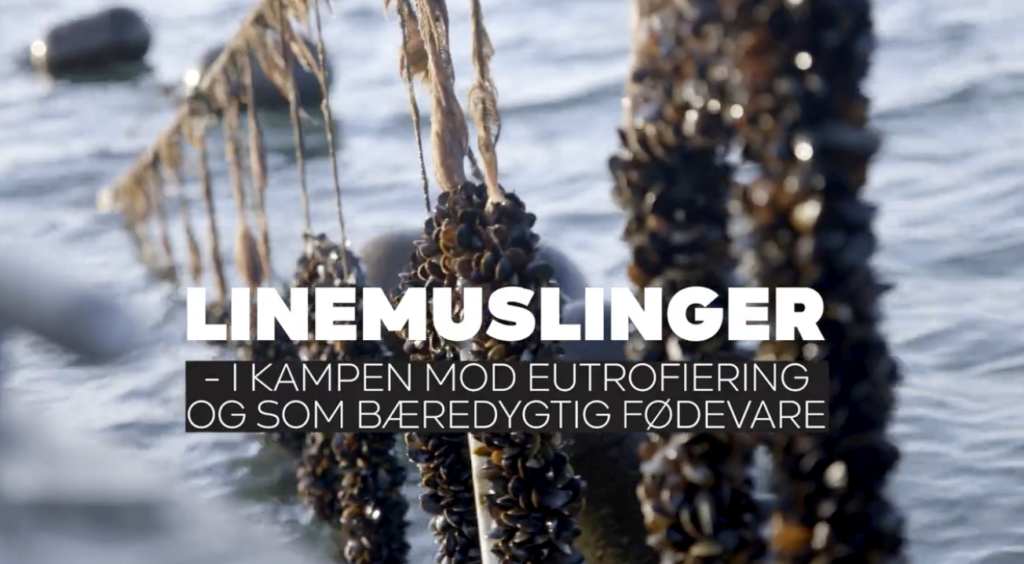In this course, the students learn about the nitrogen cycle, Liebig’s law of the Minimum and the importance of nitrogen leaching from agriculture for the marine and coastal ecosystems. In the experimental part of the course, the students work with the scientific method in the form of empirical work with experiments, data processing, sharing of data and scientific modelling. Line mussels are used here as an example of how biological and biotechnological knowledge can contribute to meeting some of the challenges the world is facing, and which have formed the basis for the creation of the UN’s 17 Global Goals. Duration The course covers a total of 10 modules, but individual modules can also be used separately.
Find more information and download the teaching materials here.



